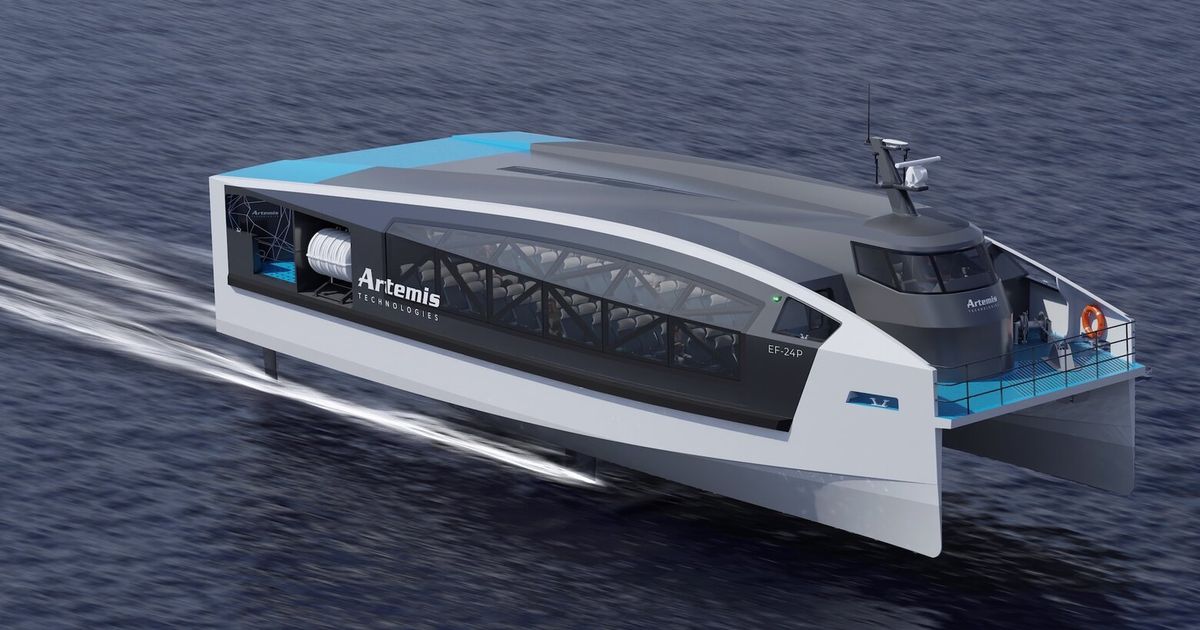Electric Hydrofoil Ferries Poised to Revolutionize Urban Commutes and Green Transit
Electric Hydrofoil Ferries Poised to Revolutionize Urban Commutes and Green Transit

A new era of urban transportation is emerging as electric hydrofoil ferries rapidly gain traction, promising to transform city commutes with unprecedented speed, efficiency, and sustainability. While ferries have long been a staple in coastal cities, advancements in hydrofoil technology are propelling them into a critical role for modern, eco-conscious transit.
Stockholm has been at the forefront of this revolution, with the world’s first electric hydrofoil ferry, Candela’s P-12, undergoing successful testing. This 30-seat, battery-driven vessel has remarkably cut commute times by nearly half on an 11-mile stretch, completing the journey in just 30 minutes. Crucially, the P-12 boasts a 95% reduction in emissions and an 80% decrease in energy consumption compared to conventional diesel ferries, addressing the urgent need for greener transport solutions.
The technology, which lifts the boat above the water to drastically reduce drag, is also making waves in other sectors, including competitive sports. Its resurgence is attributed to breakthroughs in digitalization, composite materials, and sensor technology, making it perfectly timed with the global push for electrification.
Beyond environmental benefits, electric hydrofoils offer practical advantages: smaller battery requirements simplify charging infrastructure, they eliminate wake that causes shoreline erosion and discomfort for other water users, and their stable ride virtually eliminates seasickness. Following successful leisure models, Candela is now targeting the public transit market, estimating an almost $8 billion annual market potential, with significant interest from operators in Asia, Europe, and North America.
In the United States, enthusiasm is growing, with plans for a P-12 to shuttle skiers across Lake Tahoe. Meanwhile, Belfast-based Artemis Technologies is partnering with Seattle’s Delta Marine to build electric hydrofoil ferries for Puget Sound, including a 150-passenger vessel, the EF-24, set for demonstration this year. Despite higher initial costs, the long-term fuel savings are projected to be substantial.
As cities like San Francisco Bay Ferry lead the charge towards fossil-free operations with new battery-driven and hydrogen fuel cell vessels, the consensus is clear: the future of urban water transit lies in more energy-efficient solutions like the electric hydrofoil, signaling a profound sea change in ferry technology.
Disclaimer: This content is aggregated from public sources online. Please verify information independently. If you believe your rights have been infringed, contact us for removal.